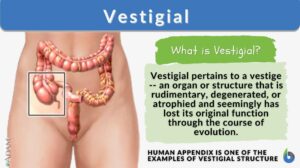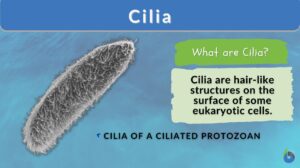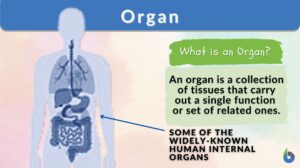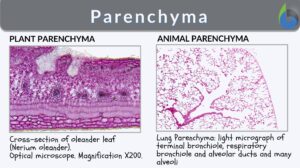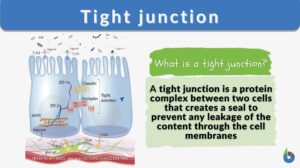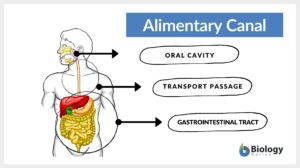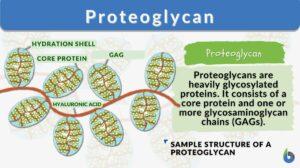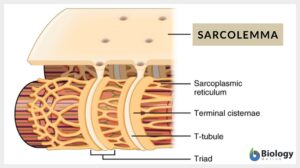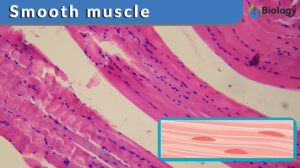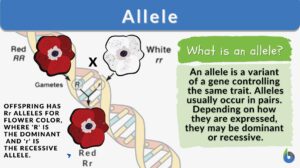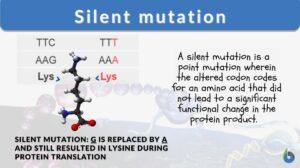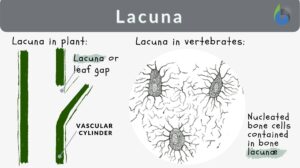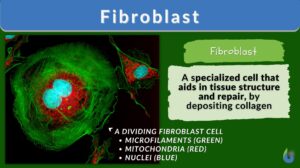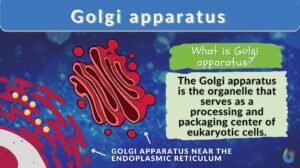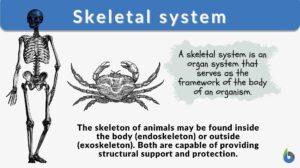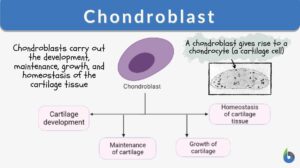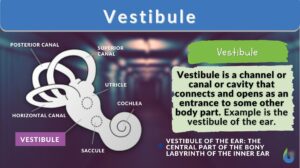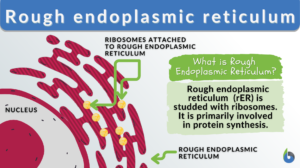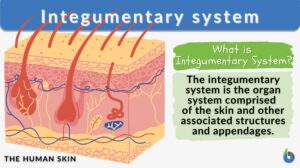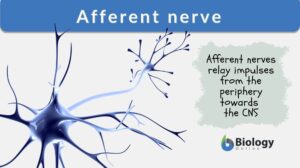Search Results for: function
Endomembrane system
Ever wondered how biomolecules are made within the cell and then they are released outside the cell for use by the body?... Read More
Differentiation
Differentiation in biology is the process where less specialized cells undergo changes to develop specialized structures and... Read More
Muscular system
Muscular System Definition What is the muscular system? The muscular system is a system that includes muscle cells and... Read More
Parenchyma
Parenchyma Definition What does parenchyma mean? Let's define the word "parenchyma". Most of the functional tissues in... Read More
Tight junction
What are tight junctions? Tight junctions are the intercellular barrier between two neighboring endothelial and epithelial... Read More
Alimentary canal
Definition of Alimentary canal What is the alimentary canal? The alimentary canal is a muscular hollow continuous tubular... Read More
Phosphorylation
Phosphorylation Definition We can define phosphorylation as a biochemical process in which a phosphate molecule is added to... Read More
Proteoglycan
What are proteoglycans? Proteoglycans are primarily a type of polysaccharide. Structurally, proteoglycans are... Read More
Sarcolemma
Sarcolemma Definition What is the sarcolemma? It is the thin, transparent, extensible plasma membrane of the muscle cell.... Read More
Smooth muscle
The smooth muscle can be described as a type of muscle in the human body that is non-striated and involuntary in action.... Read More
Degenerate
Degenerate means to become worse or less of its kind or former state. In biology, it means an entity performs the same... Read More
Silent mutation
A mutation is a change in the nucleotide sequence of a gene or a chromosome. When there is only one nucleotide involved, it... Read More
Ecosystem function
Ecosystem function The collective intraspecific and interspecific interactions of the biota, such as primary and secondary... Read More
Y chromosome
Y chromosome Definition The Y chromosome constitutes one member of the pair of sex chromosomes within an organism, a common... Read More
Fibroblast
The building block of living things is known as the cell. The cell contributes to many parts and functions of different... Read More
Golgi apparatus
Golgi Apparatus Definition The Golgi apparatus is a membrane-bound organelle in eukaryotic cells. It plays a crucial role... Read More
Skeletal system
What is the Skeletal System? How to define a skeleton? The skeletal system is the main framework that gives your body its... Read More
Chondroblast
There are two forms of cells in cartilage: chondroblasts and chondrocytes. The chondroblasts are cells that secrete the... Read More
Hypermorphic mutation
Definition noun (genetics) A type of mutation wherein the change in gene leads to an increase in normal (wild-type) gene... Read More
Rough endoplasmic reticulum
Rough Endoplasmic Reticulum Definition The rough endoplasmic reticulum (rough ER or rER) is a membrane-bound organelle... Read More
Integumentary system
Integumentary System Definition The integumentary system is the outermost layer of the body. The animal body, in... Read More
Afferent Nerve
Afferent Nerve Definition The word ‘aferent’ means "steering or conducting something towards a destination". The... Read More
Hypomorphic mutation
Definition noun (genetics) A type of mutation wherein the change in gene leads to the partial loss of the normal... Read More



